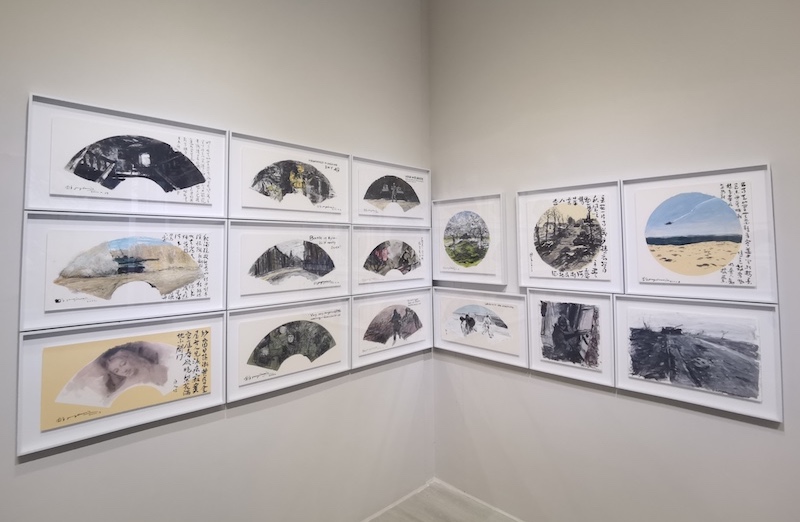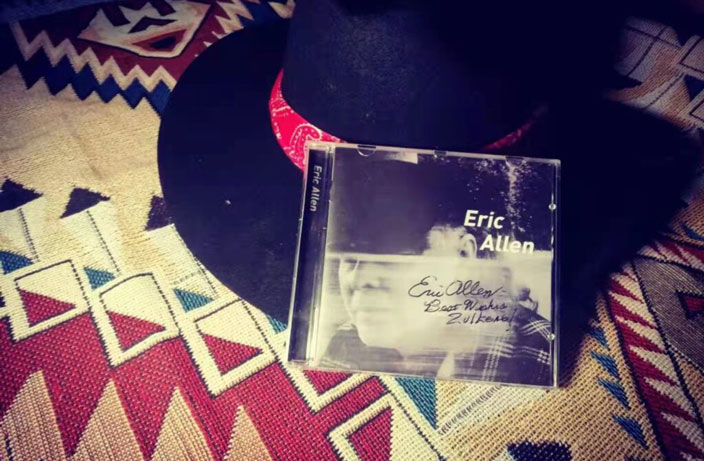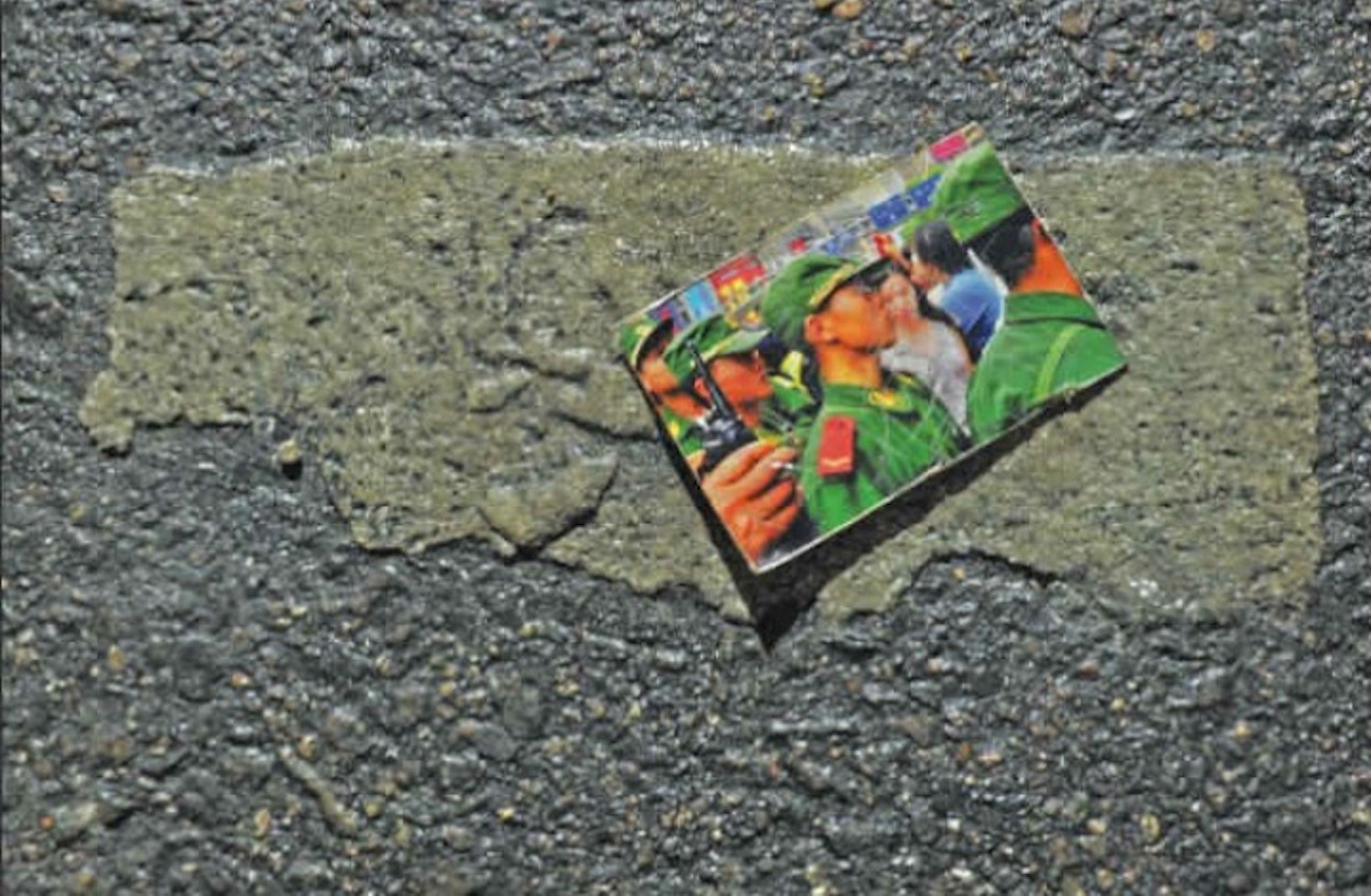“I went to buy glasses today.” It’s not as arresting an opener as “Mother died today. Or maybe yesterday, I’m not sure,” the start of Camus’ The Stranger, but A Perfect Crime is a clear homage to the classic of existentialism, with a main character beset by anomie who commits an apparently motiveless murder and feels no guilt.
The unnamed teenage narrator plans carefully, starkly laying out his process. “Purpose: Relief. Method: Escape. Technique: Murder. Funds: Ten grand.” He then brutally kills Kong Jie, a kind, pretty classmate. He goes on the run, and as the murder quickly becomes notorious, expects to be caught quickly. In fact, he wants to be – his attempts to get away are half-hearted and he even gives away money that doesn’t fit his plan.
The disdain he feels is for his pursuers, rather than for his crime. “Being on the run is like playing a game of hide-and-seek. I’d knock on doors and run away, then they’d come running after, a wildness in their eyes.”
A Yi has certainly read his Dostoyevsky too (as has the killer, who name-drops The House of the Dead), and this is a book of two crimes and two failed punishments. Who should pay the price for the crimes of the world? Poor Kong Jie does not deserve to, and the narrator certainly deserves our contempt for his act, even if his diagnosis of society is accurate. And how do you punish a killer like this, who welcomes a death sentence as the final element of his design?
This is in no way a whodunit, and it’s not about the process of either the murder or the retribution. It’s about a young man thoroughly captured by the meaninglessness of it all, who sees himself surrounded by futile striving and pointless activity. “The loneliness was like a slaughter,” he thinks, and makes a list: “The meaning of life: Boredom. Repetition. Order. Entrapment. Imprisonment.”
In prison, he cares nothing for losing his freedom. Instead, the weight of time oppresses him just as before. Time is “the dirt always crushed, the waves always crashing, it forced itself into every space, drowned you, dismembered you... There was no resisting it.” He cannot make a human connection at this late stage, even with his mother. “I tried to push my fingers through the small holes of our conversation, but I couldn’t.”
He refuses to be a good citizen, or to accept grand claims of human morality. “We’re no different. We’re not better than animals, we display all the same disgusting behaviors. We’re just aware of it, that’s all. We hunt for food, plunder territory, calculate resources... We invented meaning just like we invented underpants.”
This is an adolescent mindset, and one of the interesting things A Yi does is that he never lets his narrator off the hook; we never lose sight of the fact that the bloody murder of a young girl is a vile crime. It’s an extreme version of a teenager moaning that he never asked to be born; it may be true in a way, but it excuses nothing. We all have to live together, and it’s braver and more honest to quietly suffer the ache of existence and watch hypocrisy flourish than it is to make a big noise at the expense of someone else’s life.
For the narrator explains that he chose Kong Jie precisely because she was the only good person he knew. “Because she was beautiful, kind, clever,” he tells the court. “A pretty vase like her gets smashed? I knew you’d be rushing to express unparalleled anger and emotion.”
A Yi (real name Ai Guozhu) was a police officer for eight years before becoming a writer, and in a 2012 Publishing Perspectives interview, he explained how this affected his work. “I saw some of the extremes of human behavior and had the opportunity to meet abnormal people... All these things I’ve used in my novels. Working as a policeman gave me a deep understanding of human nature.”
That’s an excellent background to have, and the cop stuff certainly feels authentic, as do other parts of the process, such as the sordid bargaining between the narrator’s mother and the mother of Kong Jie, in return for the latter asking the court for clemency.
Anna Holmwood has done a lovely job with the translation, finding the necessary balance that A Yi must have found in the original Chinese, rendering the narrator both comprehensible and unsympathetic, and making his voice engaging but unpleasant. This is a fine novel, dispiriting in subject matter but inspiring in execution.
// A Yi: A Perfect Crime, translated by Anna Holmwood (Oneworld Publications) is available on Amazon.





















0 User Comments